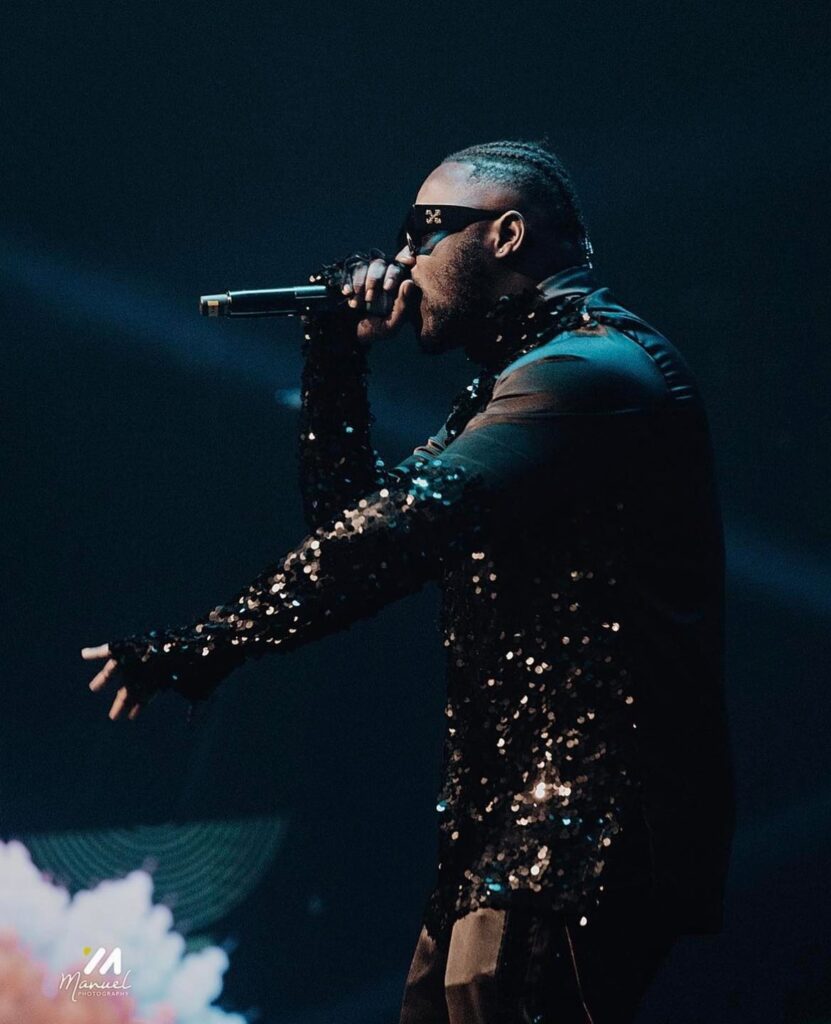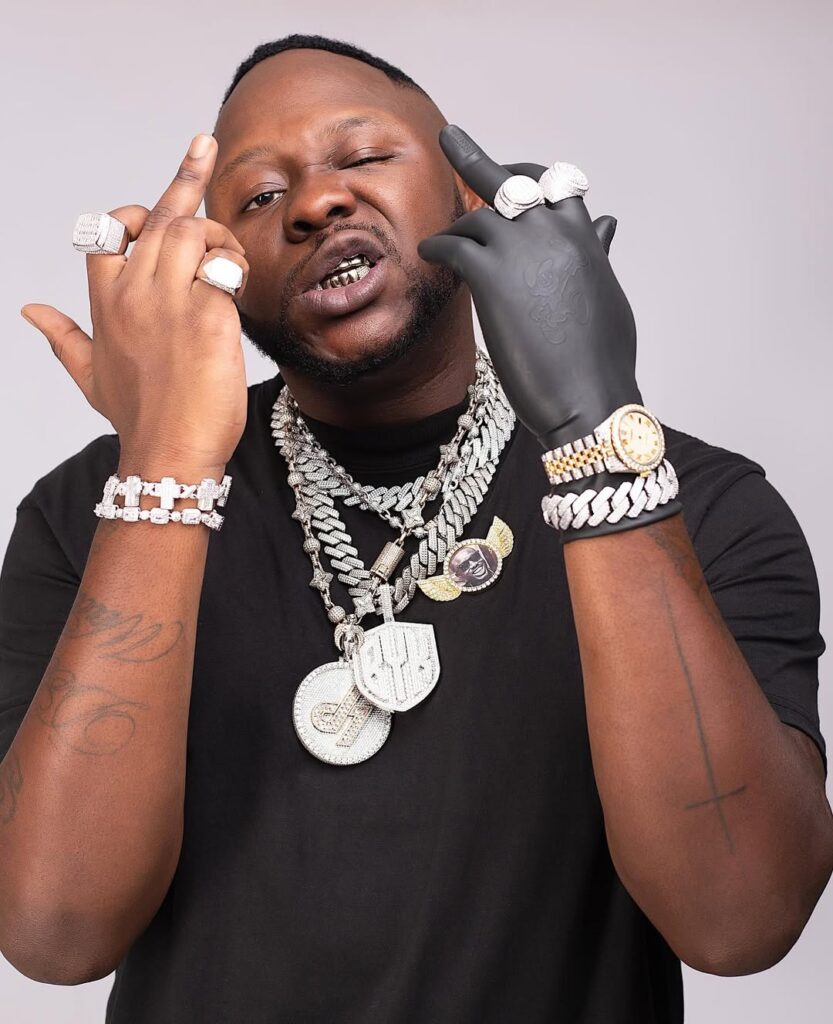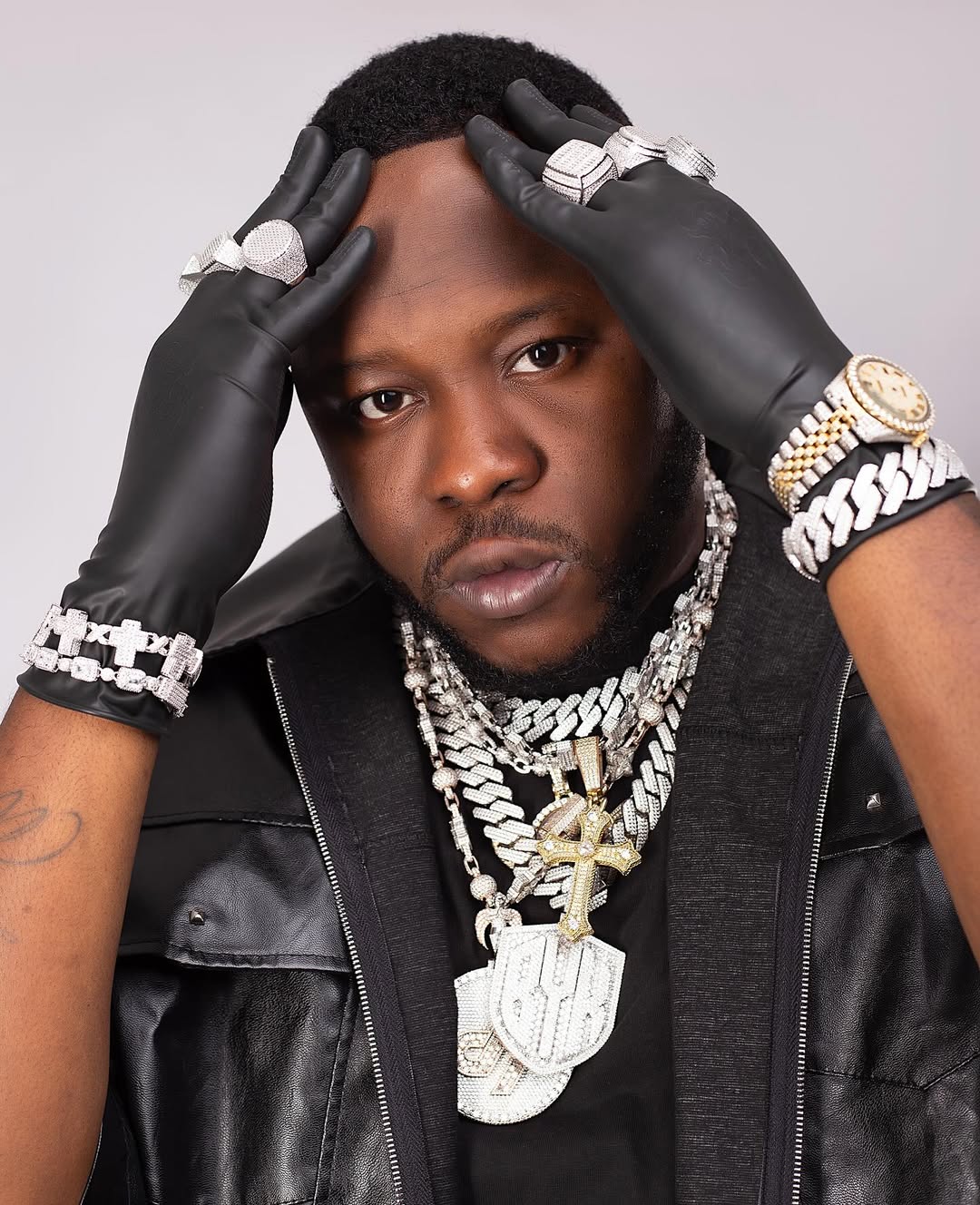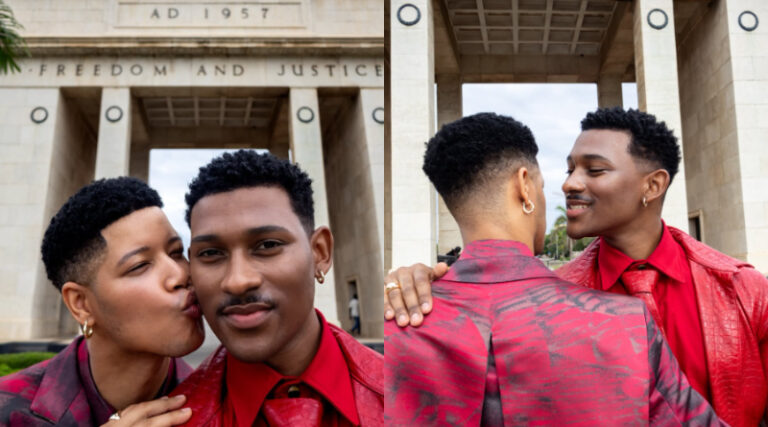An Accra High Court has granted an order for substituted service to be served on Ghanaian rapper Medikal, in a GHS15 million copyright infringement lawsuit filed by Gospel group Alabaster Box.
The court order, dated June 12, 2025, was issued after the plaintiffs reported multiple failed attempts to personally serve Medikal with a writ of summons and statement of claim.

According to the ruling, the substituted service must be carried out using Medikal’s verified social media handles — Facebook (Medikal), Instagram (amgmedikal), and X (Medikalbyk) — as well as through his manager’s WhatsApp and by pasting the documents on the High Court Notice Board at the Law Court Complex in Accra.
The lawsuit stems from claims by Alabaster Box that Medikal’s song “Welcome to Africa” unlawfully sampled their hit “Akwaaba,” specifically pointing to the first ten seconds of the rapper’s song as a derivative of their original composition.
Alabaster Box, which has performed for over three decades and once sang for Queen Elizabeth II at Westminster Abbey, asserts they own exclusive copyright to “Akwaaba” in both Ghana and the United Kingdom.
In their statement of claim, the group alleges that Medikal’s song, which includes “expressive profanity, vulgarity, and unprintable words,” has tarnished their brand image and damaged the goodwill associated with their respected gospel catalogue.
The plaintiffs are seeking:
- GHS 10 million in damages for copyright infringement
- An additional GHS 5 million in exemplary damages for “intentional infringement,” brand association with vulgar content, and the alleged reduction of the copyright’s value
- A court order for Medikal to withdraw the song from all digital platforms
- A full accounting of all revenue earned from “Welcome to Africa”

This high-profile case marks a significant intersection between gospel and mainstream music in Ghana’s entertainment scene and has sparked fresh conversations around intellectual property rights, sampling ethics, and brand reputation.
Medikal, whose real name is Samuel Adu Frimpong, has yet to issue a public response to the claims. If served via the substituted channels, he will be expected to respond within the time allotted by the court or risk a default judgment.
The outcome of this case could have lasting implications for how musical content is created, sampled, and monetized in Ghana, particularly in terms of ensuring respect for original compositions and brand protection in the digital era.




